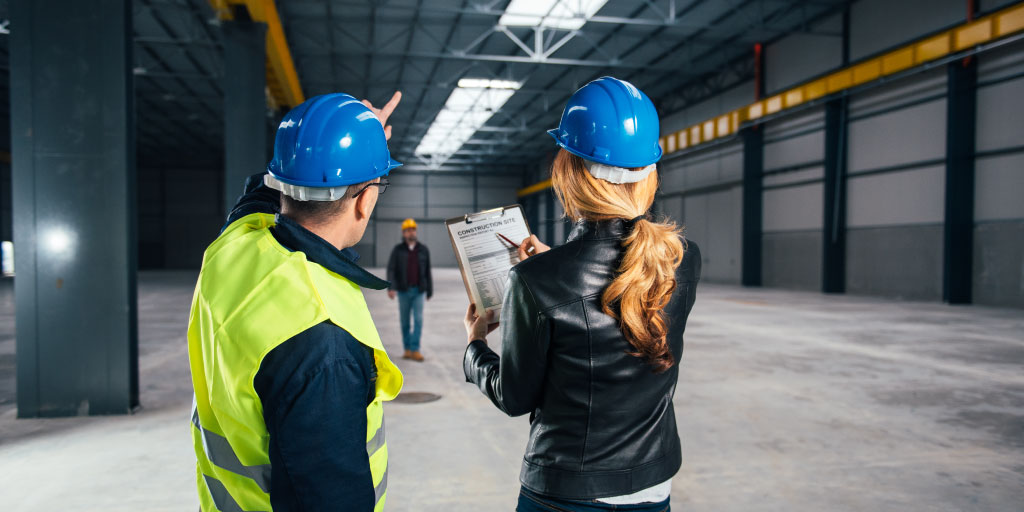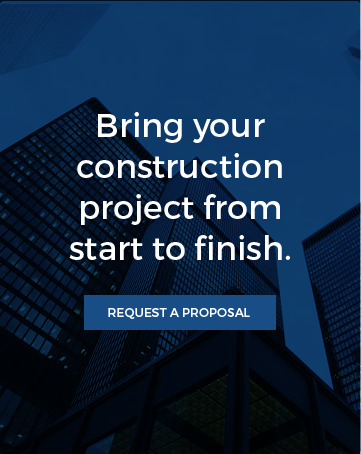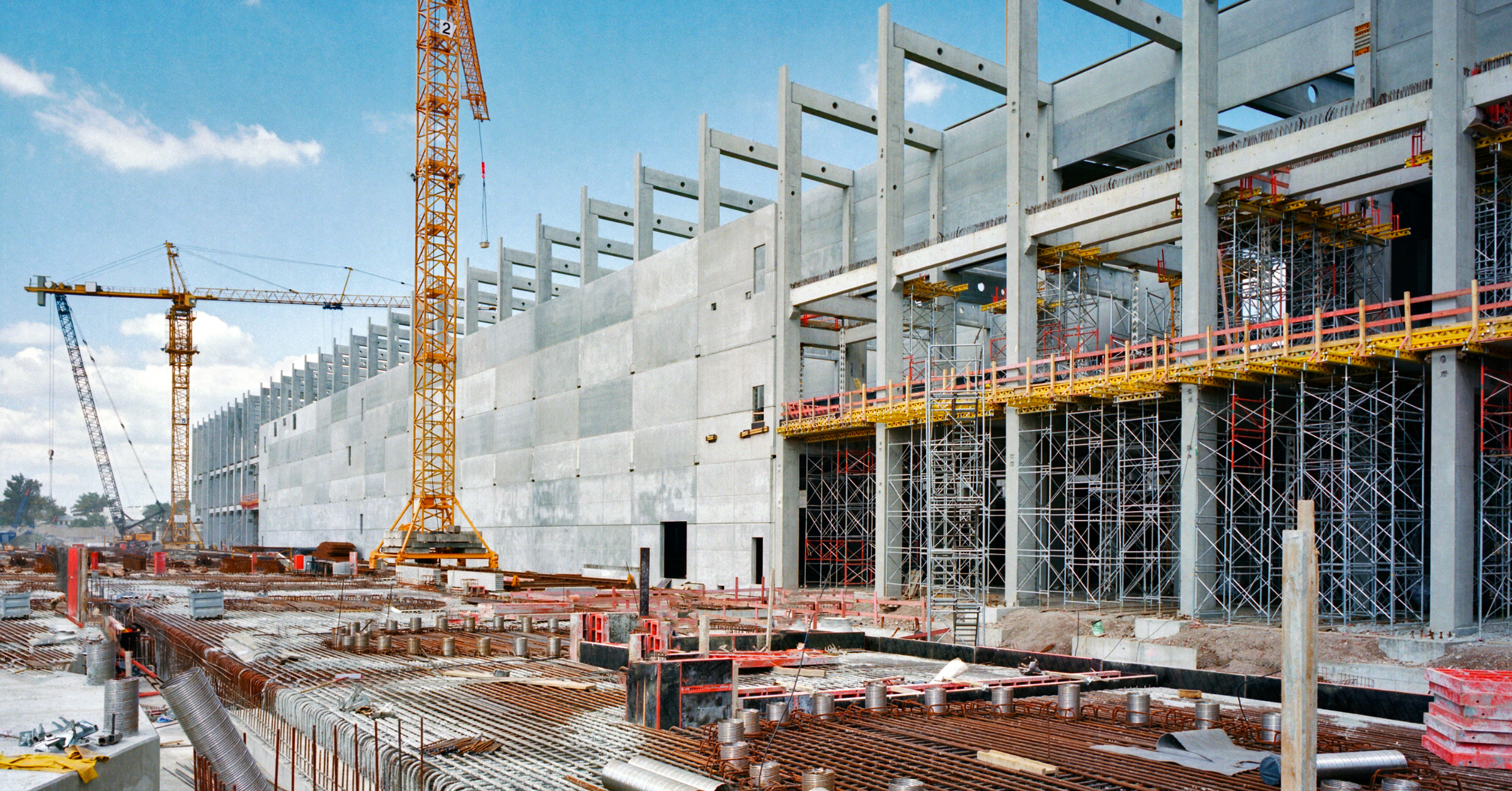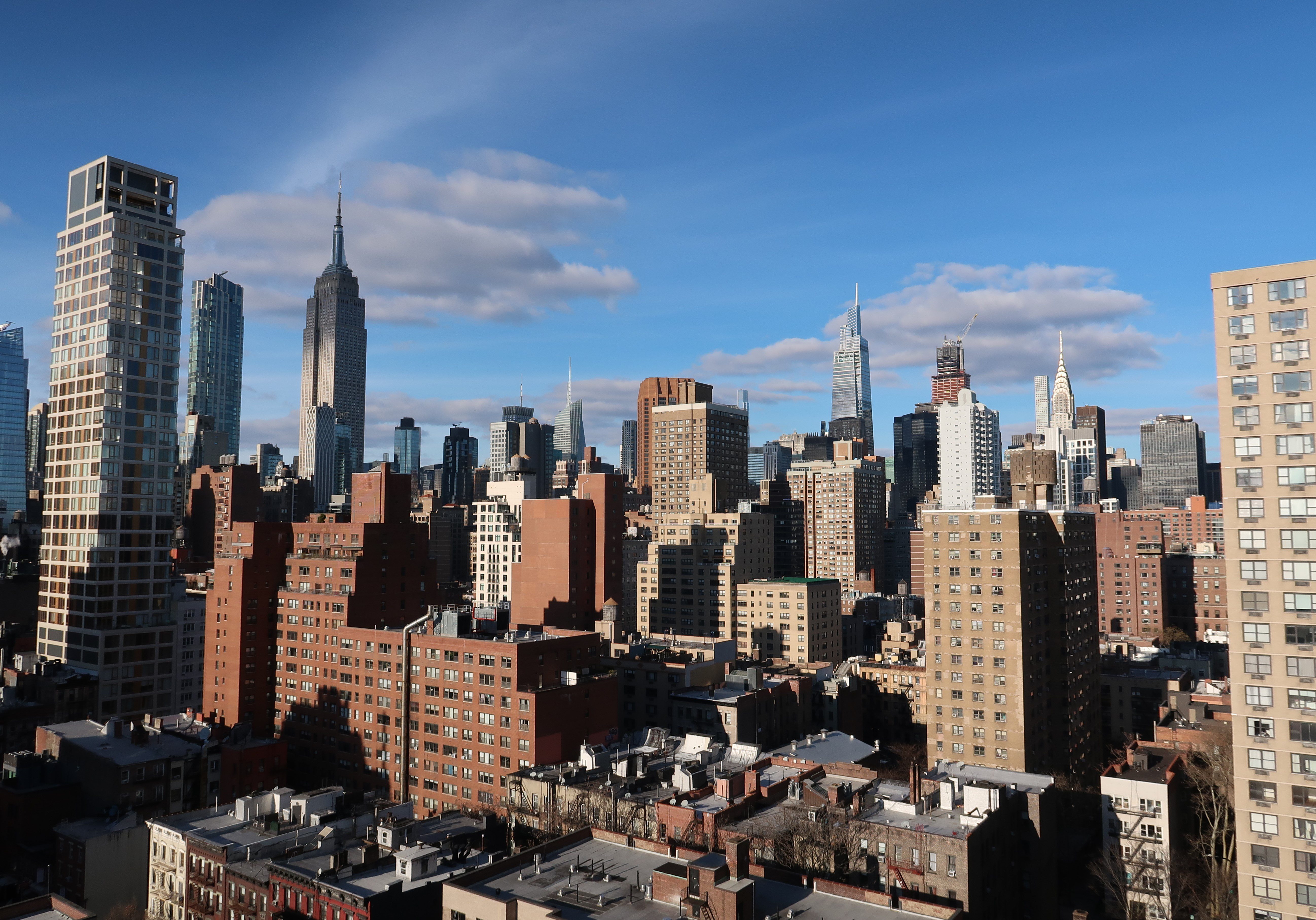Special inspections are highly important to the construction process of NYC projects. These assessments are used to ensure that critical construction work, including sprinklers and mechanical systems, has been completed in accordance with DOB-approved plans and meets all applicable NYC building code requirements.
However, there can be much confusion surrounding when special inspections are required and related considerations like who completes the inspections.
Understanding special inspections in NYC is vital to keeping your project on schedule and ensuring an efficient closeout process. Let's take a look at exactly what special inspections are and what you need to know about them.
What is a special inspection?
Special inspections have been required for all NYC projects since July 2008. Essentially, the process entails hiring an independent, licensed third party to assess critical construction work and compliance with approved plans and building code. Previously the DOB had conducted these evaluations, but took this step to reduce backlog.
A special inspection is only required for specific types of construction work. Any component of a building where the design involves professional engineering or architecture services requires a special inspection. Many of these are common work types, as special inspections assess:
- Sprinkler systems (required in 99% of job sites/locations)
- Mechanical systems
- Energy code compliance
- Fire-rated inspections
- Structural inspections (e.g., welding quality and stability)
- Flood zone compliance (increasingly more important/common)
Typically, most projects undergo between three and four special inspections. The number of special inspections a project submits to is dependent on the type of construction work being performed, which is itself influenced by factors such as the intended use of the building.
The most common work types relate to sprinkler systems, energy compliance and mechanical systems. Yet there are often subsets of investigations to consider. For example, inspecting HVAC ceiling installations and water heating controls is part of energy code compliance.
Who conducts special inspections?
The only professionals who are allowed to perform special inspections in NYC are special inspectors who are licensed with the city. Importantly, they must be third-party inspectors who have no connection to the project. General contractors cannot be a special inspector or obtain the services of a special inspector. The owner must retain those services. This is done to avoid conflicts of interest.
Typically, project owners and managers work with firms like Milrose to find and employ special inspectors. Beyond being licensed with the city, the general criteria for a special inspector include:
- Working for an agency that is registered to perform special inspections in NYC
- Being registered for the appropriate class of special inspections required by project scope
- Meeting DOB qualifications for required inspections
- Being an independent third party with no involvement in the project's construction
When do I hire a special inspector?
This is the question that causes perhaps the most confusion regarding special inspections.
The special inspection process begins with technical reports (TRs). Specifically, special inspections first enter the picture with the filing of the TR1: Statement of Responsibility form, used by the design applicant to indicate which special inspections will apply to the project.
Ideally, a special inspector is secured before any construction permits are issued, as they need to confirm responsibility for those inspections as well as develop a proposal for their scope of services.
Once construction has begun, it's paramount for general contractors to communicate with the special inspector on when to visit the site to perform an assessment. For example, the general contractor may get in touch with the special inspector and notify them that sprinkler systems are ready for review.
During the inspection itself, special inspectors will either verify that the work has been completed to plans and code, or otherwise determine there is insufficient quality or compliance that requires next steps. Special inspectors will help resolve such issues.
Once all special inspections have been completed, the special inspector signs his or her approval on the TRs, which are then circulated to the professional engineer or architect of record and building owner. Finally, the technical reports are submitted to the DOB.
What to keep in mind regarding special inspections
In order to ensure that the special inspection process proceeds as smoothly as possible, it's important to remember these best practices:
- Always give the special inspector 48 hours' notice: NYC actually requires a minimum of two days' notice for scheduling special inspector visits to the site. This is especially important for time-sensitive inspections, like those dealing with fireproofed materials.
- Don't hesitate to reach out: Special inspectors do not charge on a per-visit basis. These costs are built into their proposal for services. Without knowing this, some general contractors may delay or hesitate on communication. The smart thing to do is reach out regardless to make sure everything is airtight.
When can a special inspection be forgone?
There are circumstances in which a special inspection may be bypassed. These occur when an architect or engineer of record files for a special inspection to be waived, which the DOB needs to approve. Examples of this may be if the inspection was planned for initially, but was not required after the project scope changed.
Utilize Milrose for special inspections project coordination
The special inspection process can be complicated, but working with an experienced firm can clear up challenges and ensure inspections are transitioned smoothly from assignment to occurrence to completion.
Based off your project requirements and building criteria, Milrose will assign a trusted Special Inspection Agency to your project and then oversee the special inspections process so it moves smoothly – avoiding delays and ensuring an efficient project closeout.
Contact us for more information about our special inspections project coordination services.







